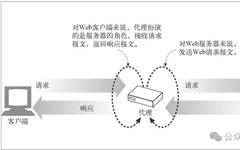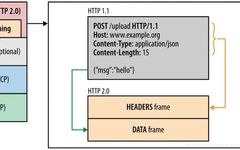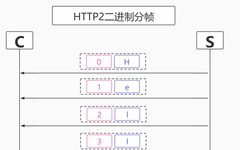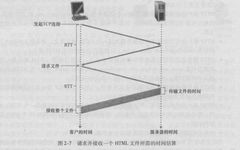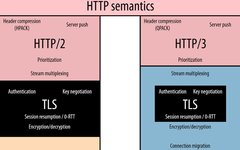Understanding HTTP Proxies: Theory and Practice
/ Today’s Tech News / Sam Altman, the CEO of OpenAI, known as the “father of OpenAI”, warned at a Brookings Institution discussion on artificial intelligence and geopolitics that the economic impact of AI may be greatly underestimated. Altman said, “What I am most worried about right now is what kind of changes socioeconomic changes … Read more
